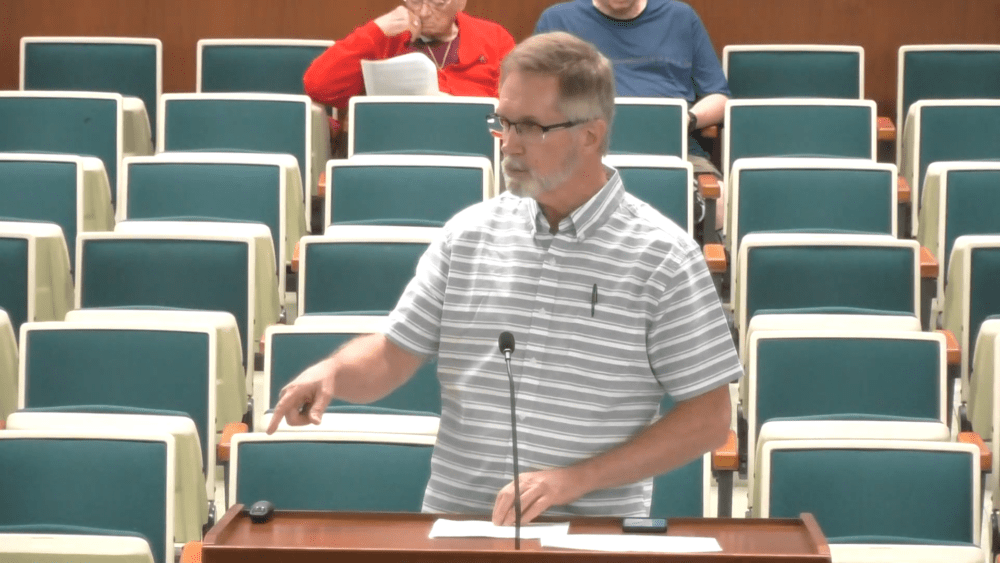Summary
The state of Mississippi barred over 200,000 people from voting based on the letter of its Jim Crow-era constitution.
A coalition of twenty-two state attorneys general, including Illinois’s Kwame Raoul, have filed with federal Courts to restore voting rights for former felons in the state of Mississippi.
Although not a defined feature of the U.S. Constitution, felon disenfranchisement was either enacted as law or enshrined in state constitutions since the early years of the country, starting with Kentucky’s original state constitution in 1792.
Throughout the 1800’s several states ratified constitutions establishing disenfranchisement, but by the turn of the century disenfranchisement was explicitly wielded in legal theory as one of several methods of obstructing the rights of Black citizens.
Mississippi has constitutionally barred convicts charged for a wide range of felonies from voting since 1890, when the state adopted its fourth and current constitution as part of a larger effort to prevent African-Americans from voting.
Over the past hundred-thirty years, large portions of the original 1890 constitution have been repealed through a hundred separate amendments, including removal of sections segregating schools and prohibiting miscegenation, but felony disenfranchisement has remained untouched within the state constitution.
The state constitution does allow for pardon by the state governor or a two-thirds vote by both houses of the Mississippi Legislature to re-enfranchise individuals. In reality however this courtesy is only extended to a handful of people annually.
As a result, over 220,000 citizens in Mississippi were barred from voting in the 2022 elections. Perhaps true to the intent of the Jim Crow era constitution, the majority of those citizens so affected were Black.
The purpose of felon disenfranchisement is sometimes defended as an enhancement of sentence. It is argued, however, that the execution of such a sentence which permanently limits the rights of a convicted person is therefore a sentence without limit; which, as Attorney General Raoul’s office alludes in its press release from Thursday December 7th, effectively extends a person’s “debt to society” such that it may never be fully repaid. It is expected that the coalition of attorneys general will argue to the federal court that this therefore oversteps the federal Constitution’s Eighth Amendment prohibition of cruel and unusual punishments.
Today, a minority of nine states now deny ex-convicts the right to vote for serving felony sentences. Thirty-seven states of the Union, including Illinois, currently return suffrage to felons after the completion of their sentence.
In two states, Vermont and Maine, as well as in the District of Columbia, convicts may vote from within Prison.





